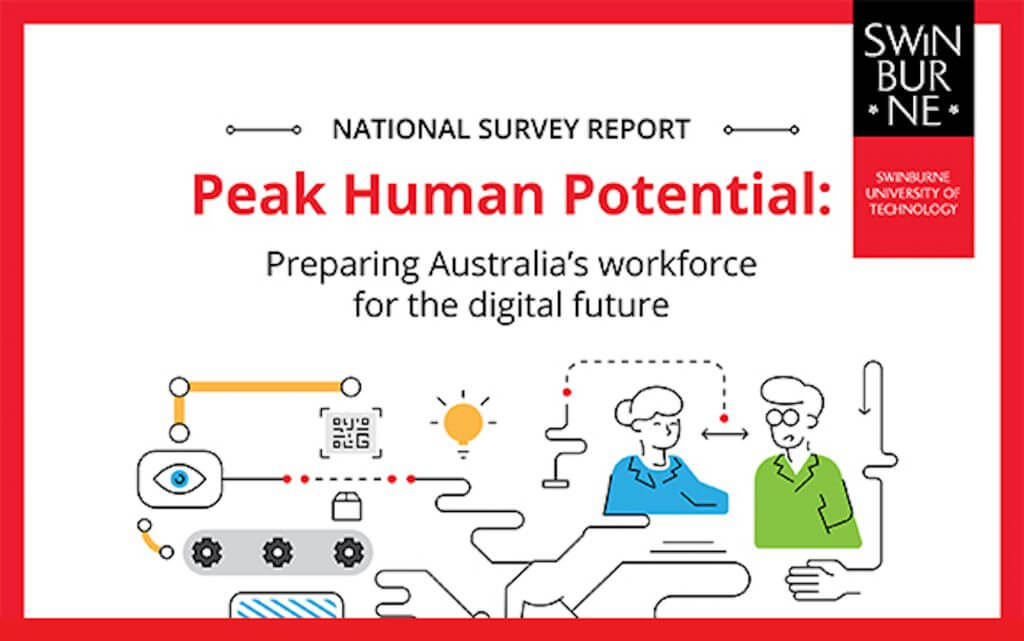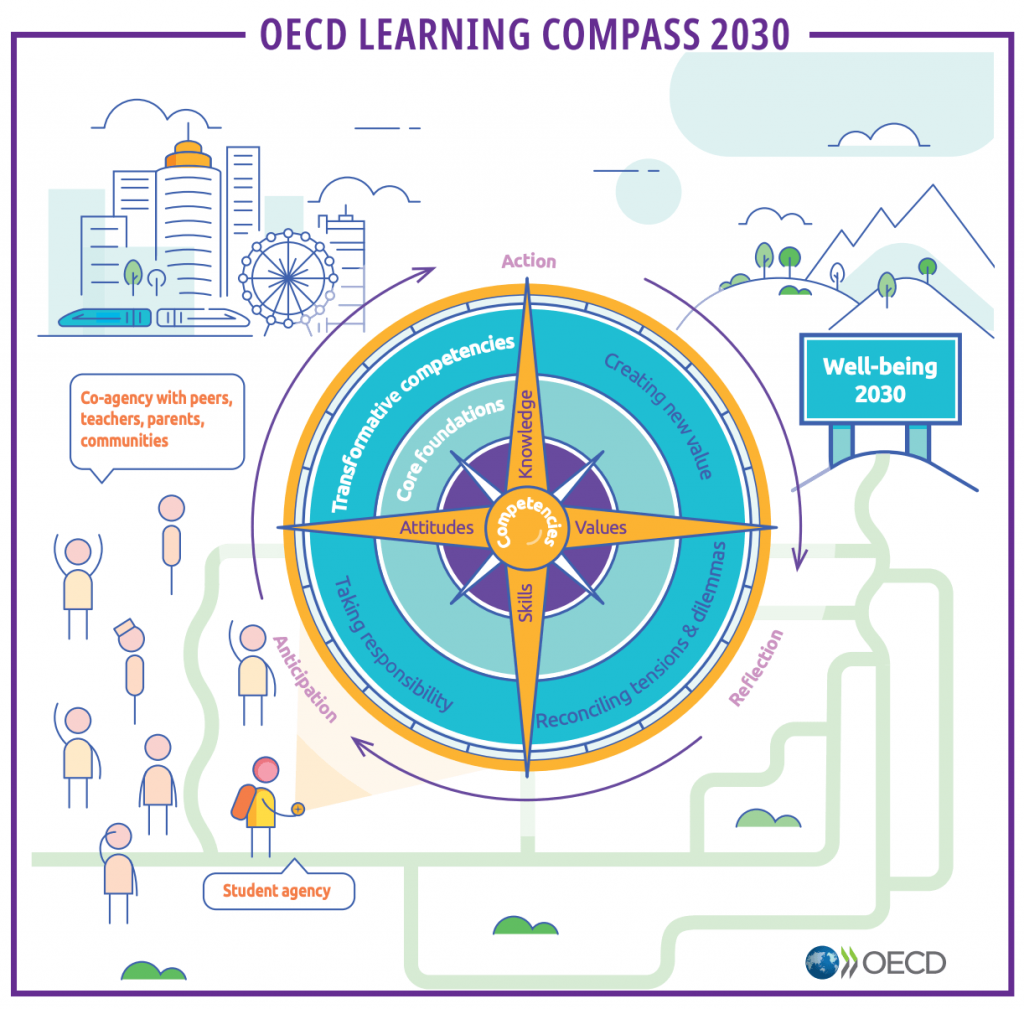It seems like the only constant at present is that the old order of doing things is being challenged in every corner of the economy. While different sectors are dealing with the opportunities of change at varying rates, the responses are primarily within the realm of the relevant industry, bringing some comfort to the change agents. What is interesting in the ‘Future of Work’ proposition, is how enterprises will compete for the best talent as technology and business models blur the lines between once disparate sectors, and hence widens the playing field for attracting top talent. Imagine a manufacturer looking to hire UX or UI design capability to grow a new thread of an advanced manufacturing service, how might this outside industry attract such talent and compete with the incumbent normally engaging these capabilities. Defining the future of work makes for a fascinating conversation that spans everything from how we educate the next generation, to business strategies and re-skilling established talent.

Dr Sean Gallagher says learning and work need to converge to prepare workers for the continuous and rapidly changing work of the digital future.
While this topic was not front and centre for LA Services when it began dabbling in digital in 2016, it quickly became a conversation as we contemplated how our future state may look. So it is not a surprise to us that the ideas raised in Swinburne University’s recent Centre for New Workforce report, title; “Peak Human Potential: Preparing Australia’s Workforce for the Digital Future” are aligned with where LA Services stands today based on its recent digital transition
experiences. In our minds, there is no question a deep digital dive by a traditional business like LA Services will:
a) force a definition around the ‘future of work’ that will influence strategic planning, and
b) change the landscape on what are considered high-value skills versus baseline competencies.
We thought it would be interesting to compare the theory of this recent report with what has been experienced on the ground at LA Services during three years of experimentation with an I4.0 pathway. Here is a summary of what we think, framed around the report’s executive summary content and noting our business context is “a least-disrupted industry” meaning jobs have typically not previously been displaced by digital:
Future-ready Workers
Future-ready workers areunderstood to represent how different workers view skill value and hence job security. Simply put, task orientated (traditional skills) versus the softer social type skills. Our experience is aligned with the results in that traditional expertise are valued far more than social competences by our workforce (a least-disrupted industry). Yet as we map out our manufacturing future it is apparent the knowledge sector workers view of; “collaboration, empathy and social to entrepreneurial skills” will play a lead role in bringing new value to products, services and revenue opportunities. It seems the OECD forecast of a ‘balanced skill set’ will become unavoidable as we transition towards a digitally literate workforce and knowledge markets.

Learning-integrated Work
Learning-integrated Work is a term the report uses to take ‘learning off campus and immerse it into a disruptive work environment, such as an Industry 4.0 setting’ in a quest to meet future learning needs. Reflecting on our last three years, which can be described as an education in ‘intrapreneurship’ framed around wrestling the diversity of I4.0. Our own disruptive learning-integrated work setting has been instrumental in shifting our family SME mindset from ‘not knowing what we don’t know’ to ‘knowing what we don’t know’, and equally important what are the levers we can pull to change the future of the company, depending on succession ambitions and the choices that will underpin strategy.
A new Learning Infrastructure
A new Learning Infrastructure represents the convergence of industry and education working together to bring a new context to our education efforts. Not to say that present educator efforts are not valued, but in our minds, this means adding a layer of application context led by industry. . In reviewing the details of the report, the only difference appears we call it Learning Through Internship (LTI). While this experiment has underpinned many lessons in an industry/education partnership, the test bed is about to evolve, with a UTS led Research Placement Project that will allow us to immerse two LBH interns into this higher learning environment to experience the mathematics, data architecture design, literature review and business planning that will underpin our I4.0 uptake.
Overall the theory represented in this latest Swinburne report has a high degree of correlation to the learning pathways LA Services has formulated through practice, and the views we hold about the future of work as we move towards our advanced manufacturing ambitions. It is another indication to us that academia and the manufacturing industry including SMEs’ are converging on outputs that will begin to restore our industrial commons, and with it create new value that will ultimately improve employment potential and impart a positive social impact community by community.

